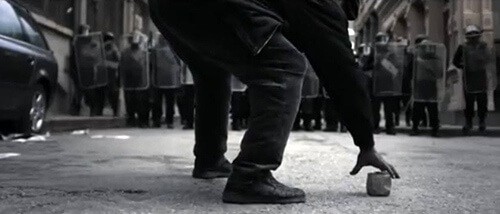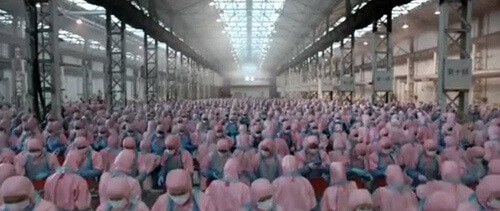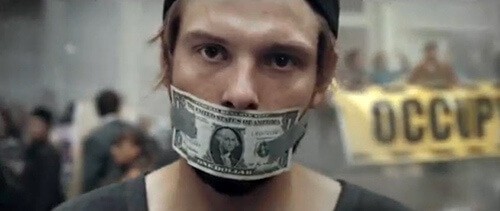The broadcast era has changed – social media is forcing transparency
There is an old marketing saying:
We can’t put lipstick on a pig, the consumer will still know it’s a pig.
Let me put it another way: If your company wants to run around saying that it is green, first act green. And in a era where social media is forcing transparency:
Don’t piggy back ride on social movements
Maybe this piece of advice would have saved Danske Bank from an explosion of negative publicity around its campaign “The new normal”. This is what Danske Bank says about the campaign:
The strategy is intended to restore trust in the Bank and ensure that we live up to our new vision of being “Recognised as the most trusted financial partner”. In order to reach that objective, we must set new standards for banking operations.
More than 100 years ago, the grandfather of modern advertising John Powers laid out his famous advice:
Be interesting, tell the truth, and live the truth.
Danske Bank got the first two right. But what about the third? The campaign beautifully caught the zeitgeist of the time in a way that was both entertaining and truthful. But it all fell apart, because the bank just couldn’t claim that it was living that truth itself, proving that its story was nothing more than a cynical facade.
The new normal that Danske Bank is pointing to by showing Chinese break dancers, women kissing, windmills, and Occupy protesters clashing with police is a new normal of changing social mores, increasing resource constraints and, yes, distrust of banks. The ad was meant to capture this zeitgeist and, using storytelling rather than any new facts or claims, tell audiences “we get it and we’re going to adapt to these times.” But in short, most of the things shown in the video are not normal:

A guy throwing a rock at police in riot gear. Since when is that normal? When things like this happen, its because democracy is failing. Is this the new normal?, Danske Bank.

Thousands of Chinese workers cramped into a high-tech, chemical sweat-chop. Those are modern-day slaves. Will this be the new normal?, Danske Bank.

Silencing people with money? That’s the new normal? Is Danske Bank actually catering to the Occupy Wall Street crowd? The crowd that was protesting … big banks?
What Danske bank overlooked is the most significant element of the new normal for advertisers. The broadcast era, in which content was delivered to audiences who simply consumed it and couldn’t meaningfully comment on it or make their own, is over. In the old days, the campaign probably would have outraged the Occupy insiders, but so what? They would have published a few journal articles that only their friends would read. And for everyone else, the ad would likely have worked.
Brands have been historically able to associate themselves with social movements and values simply by invoking them. So the audience that mattered might have been moved to believe that Danske Bank was a bank that got it. The message would have worked. Instead, the campaign fell immediately into the hands of the insiders who have far more social media savvy than the advertiser. Instantly able to research any case of recent misdeeds, they attached them to the ad as proof of its hypocrisy.
Their response, not the message itself, went viral. And Danske Bank had toreplace the image. But of course it was too late, the whole thing had already turned into an advertisement for how out of touch banks are. Companies must be deeply aware of the radical era of transparency within which they now operate.
Short URL & title:
The broadcast era has changed – social media is forcing transparency — http://www.torbenrick.eu/t/r/fyi
Share it:
If you enjoyed this article, please take 5 seconds to share it on your social network. Thanks!








About The Author
Torben Rick
Experienced senior executive, both at a strategic and operational level, with strong track record in developing, driving and managing business improvement, development and change management. International experience from management positions in Denmark, Germany, Switzerland and United Kingdom